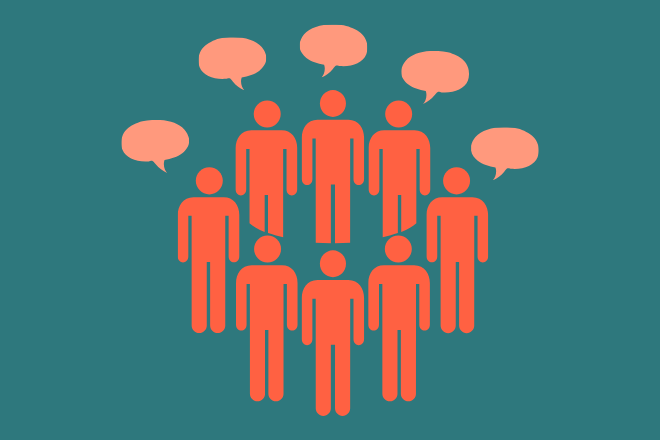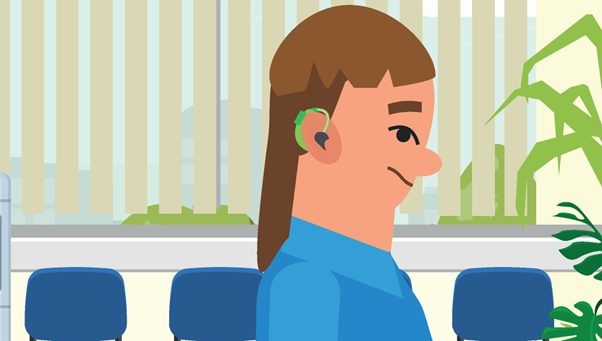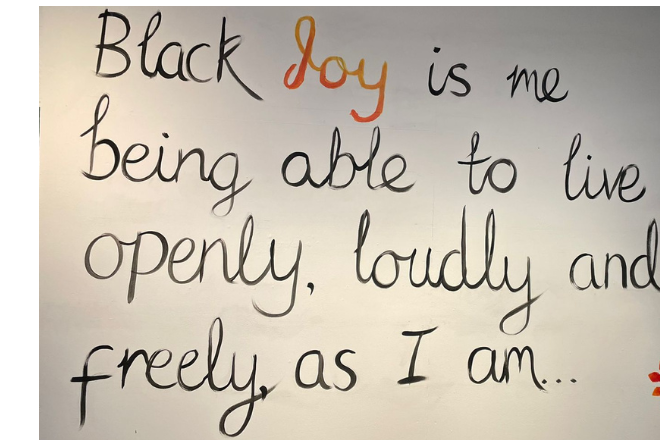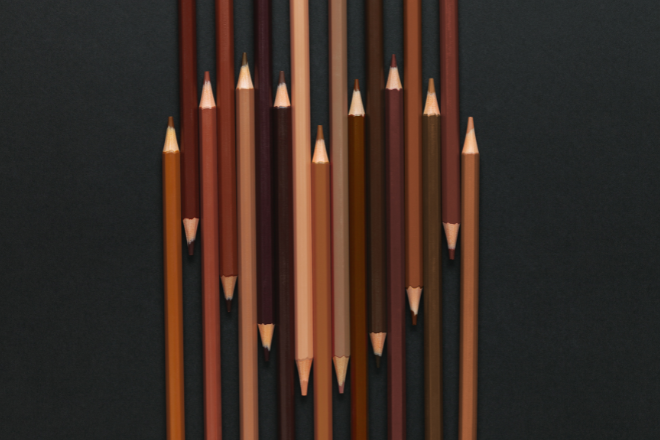Welcome to the Value of Co-Production Research Project findings!
Over the last six months we have been working with several partners and 100s of co-producers to try to answer the question:
- What is the value of co-production?
The intention of this work was to make the case for the value of co-production for individuals, organisations and society. As a core team (a team made up of members of our community, staff members and partners) working on the project we’ve heard from over 700 people from a diverse range of backgrounds and experiences to shape the co-production of this work. We hope this project will help you understand and communicate the value of co-production in your work or life whether you are involved in research, developing services or policy or in any other area.
Please share this resource widely! We want to make sure as many people as possible can benefit.
As Yesmin outlines, and as is relevant across research, service and policy development:
“It [co-production] creates very rich research especially if the participants are from diverse backgrounds” Yesmin (see Community Reporting Video 42 for the full interview)
What is this work all about?
Have a watch of our summary video to find out more (click on the image below to access this).
What did we find out?
As outlined in the image below, we found that the value of co-production lies in:
- Delivering outcomes that actually matter to people
- Efficiency, in the long run
- Working towards social justice
- Empowering people and building capacity
- Connecting us as humans, working towards shared goals

“We can’t research without listening and understanding other people, that’s what research is about. It’s about getting that information and then using that to change this bit of the world or to advance things and develop things – you can’t do that on your own” Ben (see Community Reporting Video 24 for the full interview)
How can you get access to our findings?
You can view our co-produced work and gain access to all of our research findings via the link below:
Our Interactive Summary brings together the findings from all of the strands of the Value of Co-Production work, synthesising learnings and working hard to provide a variety of ways for people to engage with the information (such as those outlined in the image below: videos, short reports - overviews, or a full length in-depth reports).

We also have the following versions of the Interactive Summary available:
- A screen reader friendly version - as a Word document and as a PDF document.
- An audio version - as a MP4 file
- Versions of the Interactive summary in Braille, EPUB, MOBI - via a Google Drive folder
If you would like a different format or another version of Braille not listed please ask us, we will happily send this to you - you can contact us via email on coproduction@ucl.ac.uk.
We are working on a website version of these findings and hope to be able to offer translation services (for translation to languages other than English) as part of this.
What are the next steps?
We hope that, like us, you find the Value of Co-Production findings both encouraging and a spur to do more. We would love to hear your thoughts in relation to the question of “so what happens next and where do we go from here”?
We would like the successor to Co-Production Collective’s “Our Direction” (our strategy for 2020-2022) to be informed both by this piece of work and by what we all work on together as the next steps.
What do you think we should focus on next to move from “cramped space” (as articulated in the Rapid Review strand of this work as one of the barriers to co-production i.e. that it exists in a cramped space within organisations alongside other competing pressures) to our work being part of an expansive space? Perhaps an expansive space in which we can think more clearly and encourage others to think with us?
This report clearly demonstrates that the journey is as important as the destination - that the trusted relationships which inform research are critical to finding a solution fit for all and not just for some. So, what do you think we should do next to encourage more people to travel with us - whether they are funders, researchers or people from any walk of life - to explore future research destinations together? Please let us know!
“This idea that we ask young people how they want to approach things sounds like a really obvious thing to do was… a revelation.” Ben (see Community Reporting Video 25 for the full interview)
“It put me right out of my comfort zone and made me change my way of thinking” Gill (see Community Reporting Video 44 for the full interview)
Thank yous
We would like to thank all of our partners for this work (see image of the logos below - Gobby, People's Voice Media, EPPI Centre and Institute of Community Reporters) and the 100s of co-producers who got involved - have a read of our thank you card to find out more.

We would also like to thank the funders of this work Research England's Participatory Research Fund and University College London (UCL).
Further information
For further information or if you have questions please contact us via email at coproduction@ucl.ac.uk






.png)
.png)

.png)

.png)
.png)
